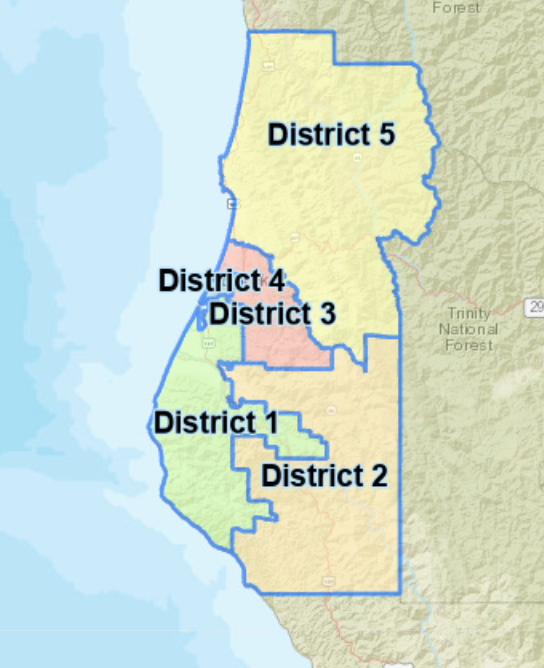Groundwater Legislation is Not Strong Enough
- Sep 11, 2014
- 4 min read

Sprinklers water grass fields at 1pm, during in the hottest part of the day.
The recent drought that has been experienced throughout the west has brought much needed attention to the mismanagement of water resources, particularly in the State of California, which currently lacks groundwater regulations. With rivers drying up and drought conditions worsening, there is a clear need for regulation to address the ongoing extraction of groundwater resources. However, the currently proposed legislation falls short because it relies too heavily on local agencies, fails to prescribe adequate timeframes for compliance, fails to take into account beneficial uses of water, fails to establish a clear path for the public and local agencies to evaluate the potentially significant environmental effects of groundwater extraction, and fails to challenge the efficiency of a groundwater management plan.
The State of California is poised to enact landmark sustainable groundwater management legislation. Faced with an unprecedented drought, and the acknowledgment that existing laws do not adequately meet the public’s interest in sustainable groundwater management, the state legislature has proposed three bills aimed at creating a new framework for the management of groundwater resources.
Senate Bill 1168 (Sustainable Groundwater Management Act), Assembly Bill 1739 and Senate Bill 1319 together propose to establish a new framework for the creation of sustainable groundwater management plans to establish minimum standards for sustainable groundwater management, provide local groundwater agencies with the authority and technical assistance necessary to sustainably manage groundwater, to avoid subsidence, to increase groundwater storage and remove impediments to recharge, and to maximize local management of groundwater basins while minimizing state intervention.
The purpose of the law is to require development of “groundwater sustainability agencies” and “groundwater sustainability plans,” and to provide procedures for their creation, implementation and enforcement measures by state agencies if the plans are not being effective. All other state resource agencies, and effectively cities and counties in the general planning process, are required to consider the policies of the law and any groundwater sustainability plans when revising or adopting their own policies, regulations, criteria, or even when issuing orders or determinations.
The legislation further requires the designation of high-and-medium priority groundwater basins as of January 1, 2017. These basins shall be managed under a groundwater sustainability plan or coordinated sustainability plans by January 31, 2020. All other high or medium-priority groundwater basins not covered by that provision shall be managed by the required plans by January 31, 2022. Development of sustainability plans for low and very-low priority basins are encouraged, but not required. The Department of Water Resources (DWR) is required to categorize each basin as high, medium, low or very low priority by not later than January 31, 2015. If, after initial categorization, a basin is elevated to a medium- or high-priority basin, a local agency shall have two years after that reprioritization to either (1) establish a groundwater sustainability agency and five years to adopt a groundwater sustainability plan, or (2) two years to satisfy the requirements of the legislation.
The so-called “groundwater sustainability agencies” can be one or a combination of local agencies, which are to be identified by statue. Existing agencies designated in the proposed law can opt out of their role as a groundwater sustainability agency, thus paving the way for the creation of an alternate groundwater sustainability agency.
The legislation relies heavily on local entities and agencies such as county and other local government entities to develop groundwater sustainability plans. The legislation provides that local groundwater sustainability agencies must ‘consider’ beneficial uses of water in the identified basins. The term ‘consider’ in this context is somewhat ambiguous and non-directive. As we have seen over the years with the California Forest Practice Act’s requirement to give ‘consideration’ to public trust resources, the use of the term ‘consider’ can generate a great deal of debate as to its meaning and what is actually to be required. The legislation gives wide-ranging rulemaking power to local sustainability agencies in order to implement the provisions of these Acts. These powers include the ability to require registration for groundwater extractors, and the ability to establish fees for permits allowing for groundwater extraction.
Of particular concern with the impending legislation is the fact that the entire process has been deemed to be exempt from the provisions of the California Environmental Quality Act (CEQA). What’s more, the legislation is unclear as to what, if any recourse a member of the general public or a public interest group may have to challenge the adequacy of the locally-promulgated groundwater sustainability plans.
There are also questions regarding the funding for these programs. While the proposed law gives the local agencies the right to charge fees for the cost of its groundwater sustainability program, there are no criteria or guidance provided to define the reasonableness or level of fees set.
Additionally, the timelines for designation of high-and-medium priority groundwater management basins, and the promulgation of groundwater sustainability plans are pushed well out into the future. Given the unprecedented drought conditions, and the ongoing extraction of groundwater for domestic and agricultural uses throughout the state, the timelines to achieve compliance with these statues appears to be ‘too little, too late.’
Finally, the state’s role in this process provides little actual oversight; while DWR may review plans, it need do so only within two years after submission, and then only provide an “assessment.” There is no clear criteria to permit the public to initiate a challenge to an adopted plan.
EPIC supports the concept of sustainable groundwater management, but the currently proposed legislation simply falls short due to its lack of public oversight, and absence of enforceable mechanisms that would regulate water in a way to ensure the conservation of resources. EPIC will continue to advocate for stronger sustainable groundwater management provisions that comply with existing environmental laws, and which provide for adequate oversight from the state and the general public.





Comments